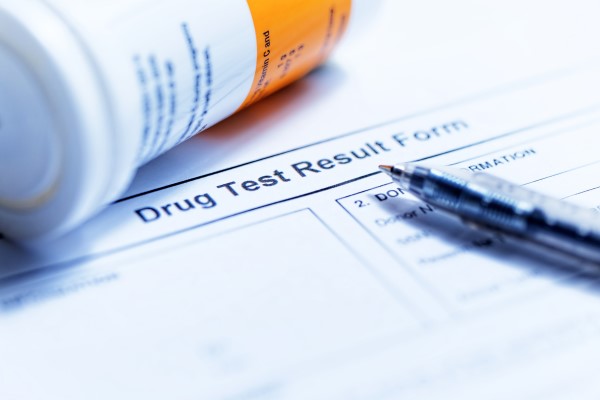What You Need to Know About DOT Drug Testing

For the safety of the public, the Department of Transport uses regular DOT drug testing to monitor drug and alcohol use. The DOT is in charge of monitoring drinking and drug use among commercial drivers. Therefore, all commercial drivers are checked for drugs during the regular DOT physical checkup. Read on to find out more information on DOT drug testing.
Why does the DOT test for drugs?
The use of narcotics and excess drinking severely inhibit a person’s coordination and judgment. Driving under the influence of drink or drugs poses a serious hazard to life and limb. Accidents due to intoxication are entirely preventable. The DOT is responsible for making sure that drivers conduct themselves responsibly at work. The health and lifestyle problems that come with drug addiction are equally preventable. DOT drug testing and physical checkups contribute to keeping commercial drivers healthy.
Who needs DOT drug testing?
Drivers who are employed to transport eight or more people in the vehicle need to go through regular DOT drug testing. Also, drivers of a fully loaded vehicle that weighs more than 10,000lbs, including both its freight and passengers, need the test. Another category is drivers who are moving hazardous chemicals. Drivers transporting 15 or more passengers, whether paid or unpaid, need DOT drug testing too.
Following a DOT physical, the person can drive commercially for two years. Some health issues (such as diabetes or heart disease) may call for a more frequent DOT checkup. Other employees and contractors of the Department of Transport may also have to take a medical checkup every two years. Drug testing is part of the DOT checkup process.
What to expect during DOT drug testing
The main element of the drug test is a urine test. In some cases, where other health issues exist, a blood test may be called for. The sample is tested for various drugs, besides for infections and other conditions. DOT drug testing looks for five types of drugs.
One of the types is cannabis, but that includes marijuana and hashish as well. PCP (Phencyclidine) and cocaine (and its derived substances) are also included in this list. The DOT drug testing will look for opiates, such as morphine, codeine, heroin and methadone, as well. Finally, drivers will be tested for the use of amphetamines and methamphetamines (Ecstasy, MDMA, Speed, etc.).
Some opiate-based pain relievers may register on a DOT drug test. The doctor performing the test must refer any positive result for a DOT review. Fully completing the medical history form at the DOT physical will help to avoid false positives. All medications, prescription or otherwise, should be included in the form.
Prepare for your DOT drug testing
Commercial drivers should go through DOT drug testing as part of their biannual medical checkup. It is performed by a nurse or doctor after the main physical exam. The DOT keeps a register of medical practitioners who can approve drivers as fit for work. For further information on DOT drug testing, contact your health care provider.
Get more information here: https://tx-urgentcare.com or call Texas Urgent Care & Imaging Center at (832) 941-1894
Check out what others are saying about our services on Yelp: Read our Yelp reviews.
Recent Posts
Walk-in clinic provide convenient, accessible health care for non-emergency medical needs, making it an ideal choice when immediate attention is necessary. Understanding when to visit a clinic can help patients save time, avoid unnecessary trips to the emergency room, and receive quality care for their health concerns. These clinics handle various issues, offering fast, professional…
Walk-in clinics provide minor illness treatment for patients seeking quick and effective healthcare to address their symptoms. These accessible facilities address non-emergency medical concerns without the need to wait days for the next available appointment. The following guide will review some of the most common minor illness treatments offered at walk-in clinics.Respiratory tract infections (RTIs)…
Ultrasounds are non-invasive diagnostic tools used in urgent care and primary care settings to assess various medical conditions. With these images, healthcare providers can identify and evaluate potential health concerns. Understanding when ultrasounds are necessary and what to expect during them can empower patients to make informed decisions about their care.An ultrasound diagnostic scan uses…
A pregnancy testing is one of the most effective ways to confirm pregnancy by detecting the hormone human chorionic gonadotropin (hCG) in urine or blood. In order to produce reliable results, it is important to understand the accuracy, timing, and different options of tests. While many people rely on over-the-counter pregnancy tests, it is important…


